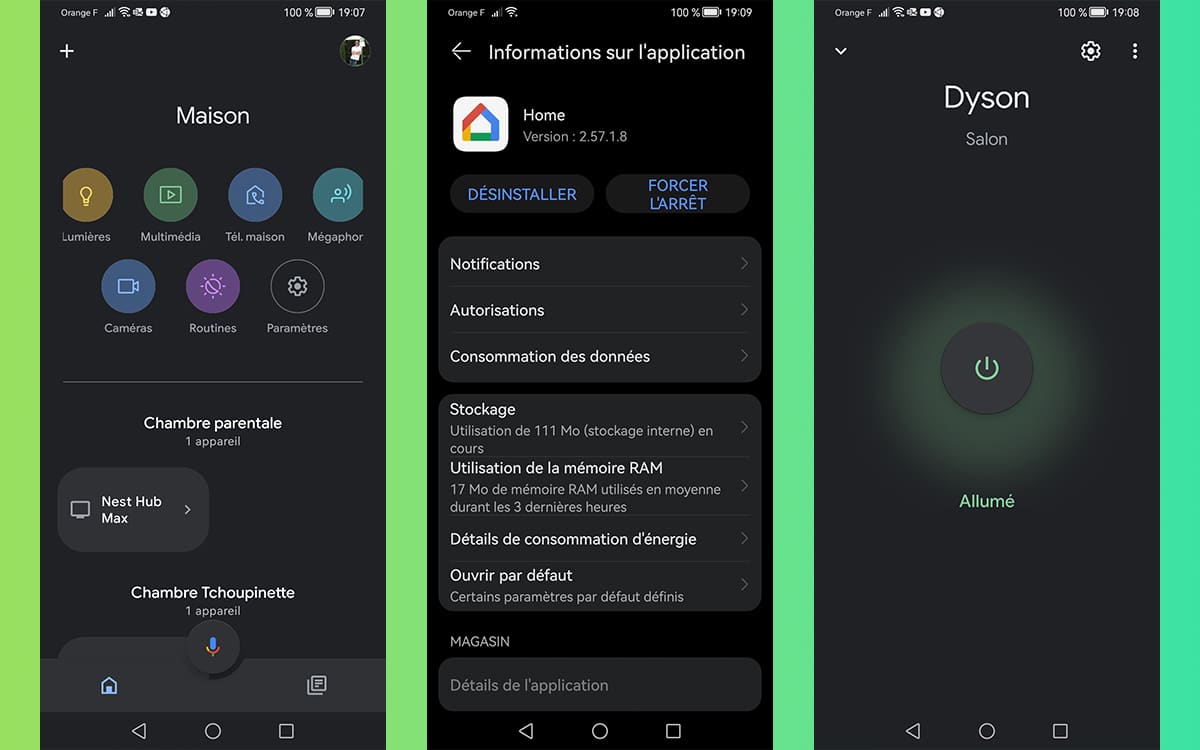
Accounts on Facebook, Twitter & Co. tried for years to generate pro-Western sentiment, especially in the Middle East and Central Asia – with limited success.
An analysis of numerous blocked social network accounts such as Facebook, Twitter and Instagram has identified a number of fake accounts that have been covertly and coordinatedly attempting to spread pro-Western narratives primarily in the Middle East and Central Asia. This is the result of a study by the US University of Stanford and the analysis company Graphika, to which the social networks have provided the relevant data.
In July and August 2022, Twitter and the Facebook and Instagram operator Meta blocked a number of partially overlapping accounts that violated the terms of use. Twitter accused them of “platform manipulation and spam,” while Meta accused them of “coordinated, inauthentic behavior.” The data includes 146 Twitter accounts with almost 200,000 tweets in 10 years, 26 Instagram accounts, and 39 profiles, 16 pages and 2 groups on Facebook over the past five years.
Some of these accounts belong to an official US government campaign – the Trans-Regional Web Initiative. However, primarily the other accounts were examined, which according to Meta have their origin in the USA and according to Twitter in Great Britain and also the United States. These fake accounts would have used computer-generated profile pictures that were manipulated based on real photos with the support of an AI-supported Generative Adversarial Network (GAN) so that they look authentic.
Make mood against Russia, China and Iran
The investigation by the Stanford Internet Observatory and Graphika uncovers an interconnected web of accounts on Twitter, Facebook, Instagram and five other social media platforms that analysts say are using deceptive tactics to promote pro-Western narratives in the Middle East and Central Asia support financially. Observers assume that it is more a series of covert campaigns over the past five years than a homogeneous operation.
These campaigns have consistently promoted narratives in the interests of the US and its allies while opposing countries like Russia, China and Iran. In recent months, Russia in particular has been criticized for the deaths of civilians and other acts in the context of the war of aggression against Ukraine. Some of the activities also contained anti-extremism messages.
Fake accounts with little effect
However, the activities of the fake accounts have apparently found little attention. The vast majority of posts and tweets would have received less than a handful of likes or retweets. Only 19 percent of these covert accounts had more than 1000 followers. According to analysts, this shows that covert Internet operations of this type are only suitable to a limited extent to create mood and influence online.
Studies of this type usually deal with the activities of authoritarian regimes such as Russia, China and Iran. The new analysis of pro-Western fake accounts shows that there is a much broader range of actors aiming to actively influence online audiences.
(fds)




